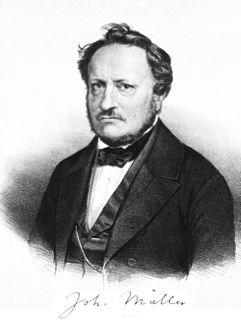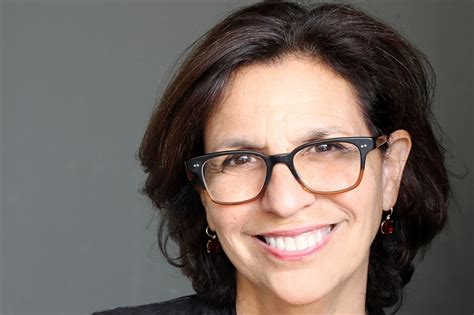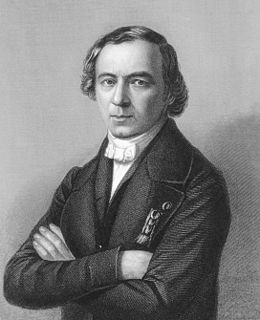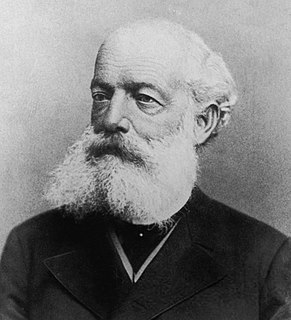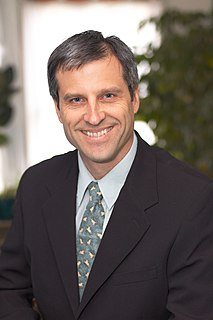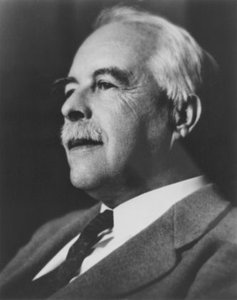A Quote by Justus von Liebig
Chemistry, in its application to animals and vegetables. Endeavours jointly with physiology to enlighten us respecting the mysterious processes and sources of organic life.
Related Quotes
Without an acquaintance with chemistry, the statesman must remain a stranger to the true vital interests of the state, to the means of its organic development and improvement; ... The highest economic or material interests of a country, the increased and more profitable production of food for man and animals, ... are most closely linked with the advancement and diffusion of the natural sciences, especially of chemistry.
A garden is the place millions of people go to touch the earth, to smell flowers - to use some of that fabled human brain power in the cause of better participating with natural processes in the place they call home. It serves as an art project, an organic produce market, a spiritual practice, a pharmacy. It offers ongoing lessons in ecology, biology, chemistry, geology, meteorology. Gardening imparts an organic perspective on the passage of time. It bestows on its practitioners a genuine sense of admiration for the plants, the soil, the sun, the water.
FDA, which regulates the safety of vegetables, doesn't have those kinds of rules because Congress doesn't want it to. It's not that the vegetables themselves have anything wrong with them; it's that they're contaminated with animal manure. One of the rationales for a single food safety agency is that you can't separate animals from vegetables.


